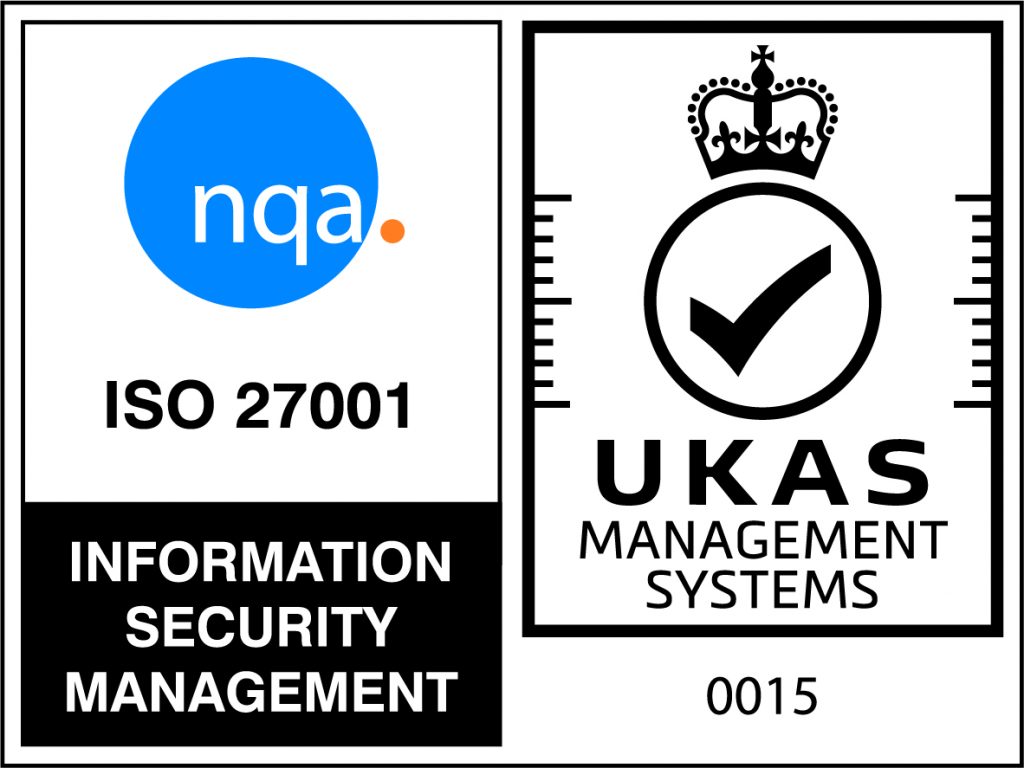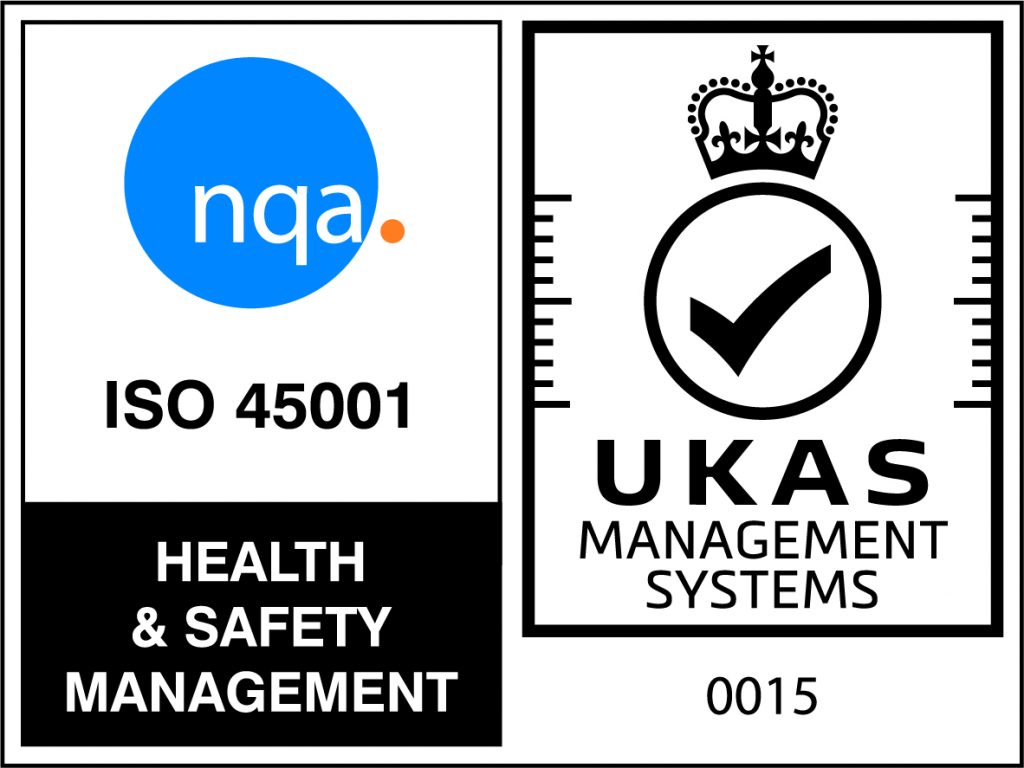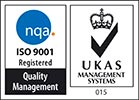To celebrate the International Week of Happiness At Work, we wanted to share some tips on how to create and maintain a happy and satisfied workforce. Everyone wants to be happy, and why shouldn’t we be? Happiness provides satisfaction in the workplace and can improve the quality of your work. If you’re happy to do it, you will put more effort in to produce something you’re proud of. Being happy doesn’t seem as straightforward as it sounds, but there are many things that employers and employees can do to create a happier environment at work.
- Listen and try to help- Workload pressure is real, and it can be a massive burden. 1 in 3 employees consider leaving their jobs because of ‘bad bosses.’ It’s possible that a lot of the time, employers aren’t even aware of this issue but make sure to take it in to consideration next time an employee asks for support.
- Work is important, but so is your personal life- During this cost-of-living crisis, there is an increased pressure to work and earn money like never before, but in order to enjoy and reduce stress surrounding your job, you need to have a good work-life balance. Overworked employees become disengaged, uninterested, and exhausted. As an employer, you could consider introducing a more flexible work schedule or the option to work from home where possible.
- Kindness costs nothing- Studies have shown that a major factor that causes people to leave their jobs is because they don’t feel appreciated. Saying a simple ‘thank you’ or giving recognition for someone’s hard work can help boost their happiness and confidence.
- Share the company’s vision- If an employer was to communicate their business’ goals and values with their employees, it would put into perspective how important each individual role actually is. This can help the people in your company feel like a team with shared commitments.
- Provide opportunities for learning- For some people, doing the same thing every day can become boring and tedious. Investing in employee growth and training can help employees break out of a dull routine, making them more interested in their work, whilst also enabling them to learn new skills which could benefit your organisation.


 Back to News
Back to News

















